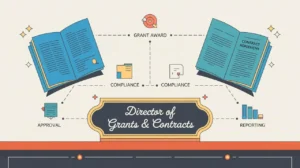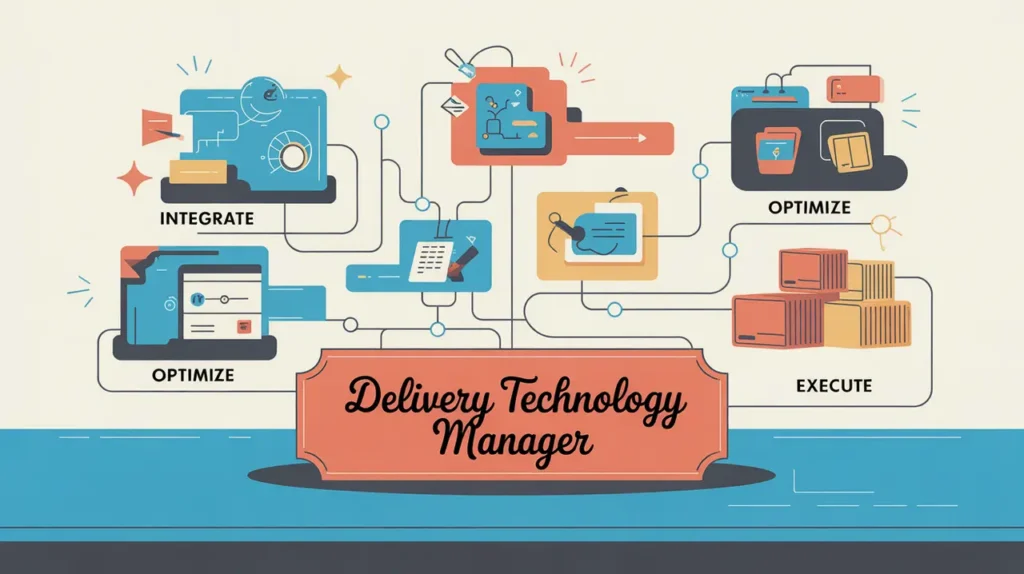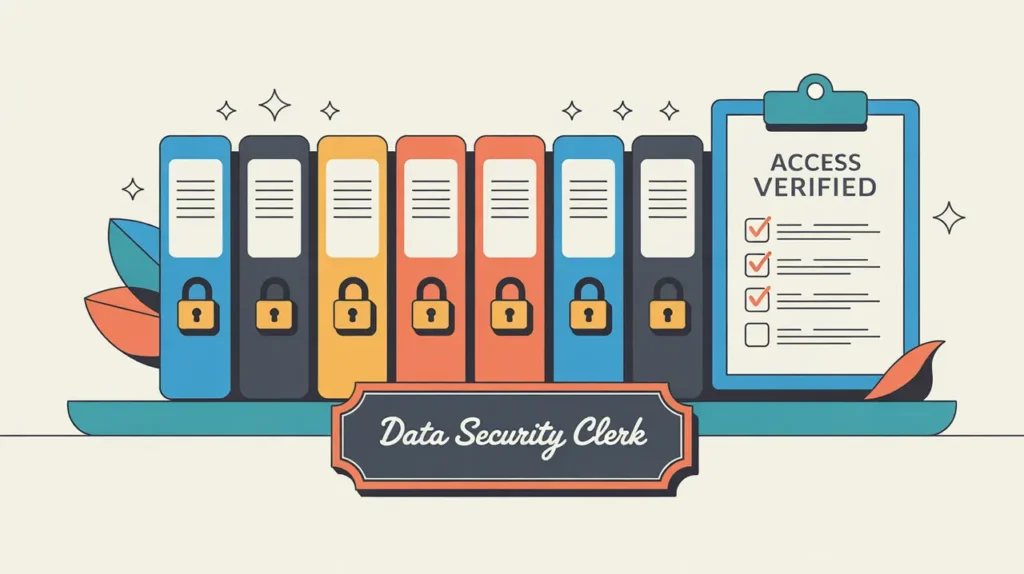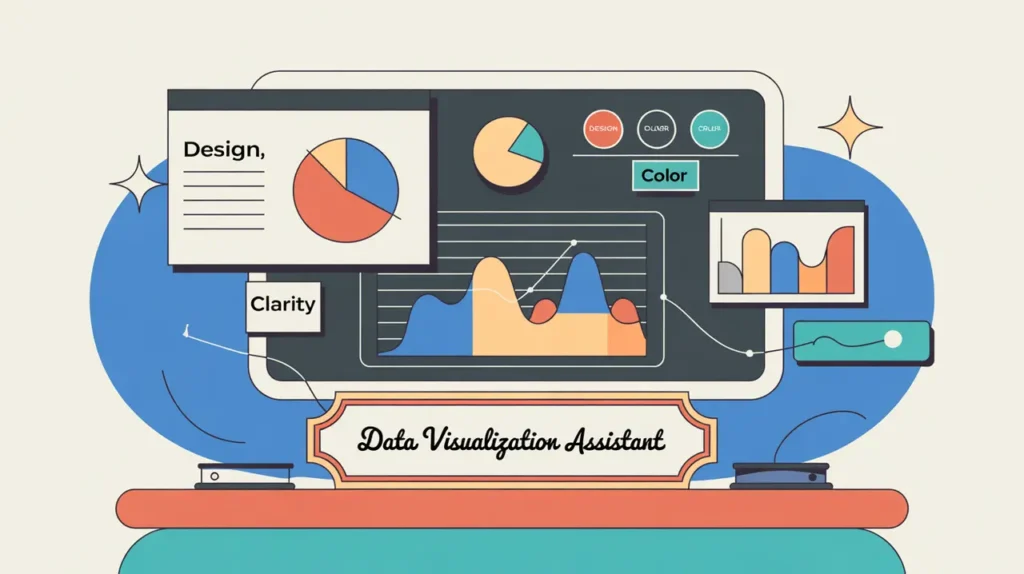What Does the Analytics Manager Role Involve?
An analytics manager is responsible for leading the design and implementation of data strategies that enable organizations to generate insights, measure performance, and inform strategic decision making. This involves overseeing data collection, analysis, visualization, and reporting, while ensuring data quality, consistency, and ethical use. Analytics managers work across teams to align analytical work with organizational priorities, build analytical capacity, and translate complex data into clear narratives for decision makers. The role typically sits within data, strategy, monitoring and evaluation, or operations functions. In both nonprofits and social enterprises, analytics managers play a key role in building data-driven cultures and improving impact through evidence-based action.
At What Level does this Role Operate?
Mid Level: This role operates with significant autonomy and often involves managing a team of analysts or associates. Analytics managers typically report to directors of data, strategy leads, or senior operations managers. They oversee analytical workflows, manage cross-functional data projects, and ensure that insights are delivered in ways that support organizational learning and strategy.
Relative Employability: Mid-level analytics roles are in strong demand across nonprofits, social enterprises, international NGOs, and mission-driven organizations that are expanding their use of data for impact and decision making. Individuals with both technical and leadership capabilities are especially sought after.
Relative Pay Scale: Within nonprofits and social enterprises, analytics manager roles typically sit in the upper mid pay bands, reflecting both the specialized technical knowledge and managerial responsibilities required.
What are the Key Responsibilities and Activities?
- Lead the design and implementation of organizational analytics strategies and systems
- Manage and mentor analytics staff, ensuring high-quality analytical outputs
- Oversee data collection, cleaning, analysis, and visualization across teams
- Develop and maintain dashboards and reporting systems to support decision making
- Ensure data quality, consistency, security, and ethical data practices
- Translate analytical findings into clear narratives and recommendations for leadership
- Collaborate with program, strategy, and operations teams to align analytics with organizational goals
- Stay current with emerging tools and methods to strengthen analytical capacity
What Core Competencies and Qualifications are Needed?
Required Qualifications and Experience
The following reflect common qualifications and experience expected for this role, while recognizing that pathways may vary by context, organization, and region.
- Relevant academic background in statistics, economics, mathematics, computer science, social science, or a related field, or equivalent professional experience
- Appropriate years of relevant experience for a mid-level role, including demonstrated leadership in analytics or data projects
- Proficiency in data analysis tools such as SQL, R, Python, or BI platforms, and familiarity with data architecture concepts
- Experience managing teams, projects, and stakeholder relationships in data-driven initiatives
- Strong communication skills for translating technical findings into actionable insights
Key Competencies
- Strategic thinking and ability to design organizational analytics approaches
- Advanced data analysis and visualization skills
- Leadership and team management capabilities
- Strong understanding of data governance, ethics, and quality assurance
- Ability to communicate insights clearly to technical and non-technical audiences
- Capacity to drive cross-functional collaboration and foster data literacy
How are AI and Automation Shaping this Role?
An AI-native analytics manager will look to AI and automation to expand analytical capacity, improve predictive modeling, and deliver insights faster. They can use AI tools to automate data processing, build forecasting models, and surface patterns across large and complex datasets. Automation can support the continuous updating of dashboards and performance indicators, allowing managers to focus on interpreting findings, guiding strategy, and mentoring teams. By integrating AI into organizational workflows, analytics managers can help build adaptive systems that support smarter, more agile decision making.
What Career Pathways and Transferable Skills are Associated with this Role?
Analytics manager roles prepare professionals for advancement into senior data leadership positions, such as director of analytics, head of data strategy, or chief data officer. The combination of technical expertise, strategic oversight, and team leadership developed in this role is transferable to senior positions in strategy, operations, research, and technology across nonprofits, social enterprises, private firms, and public institutions.







